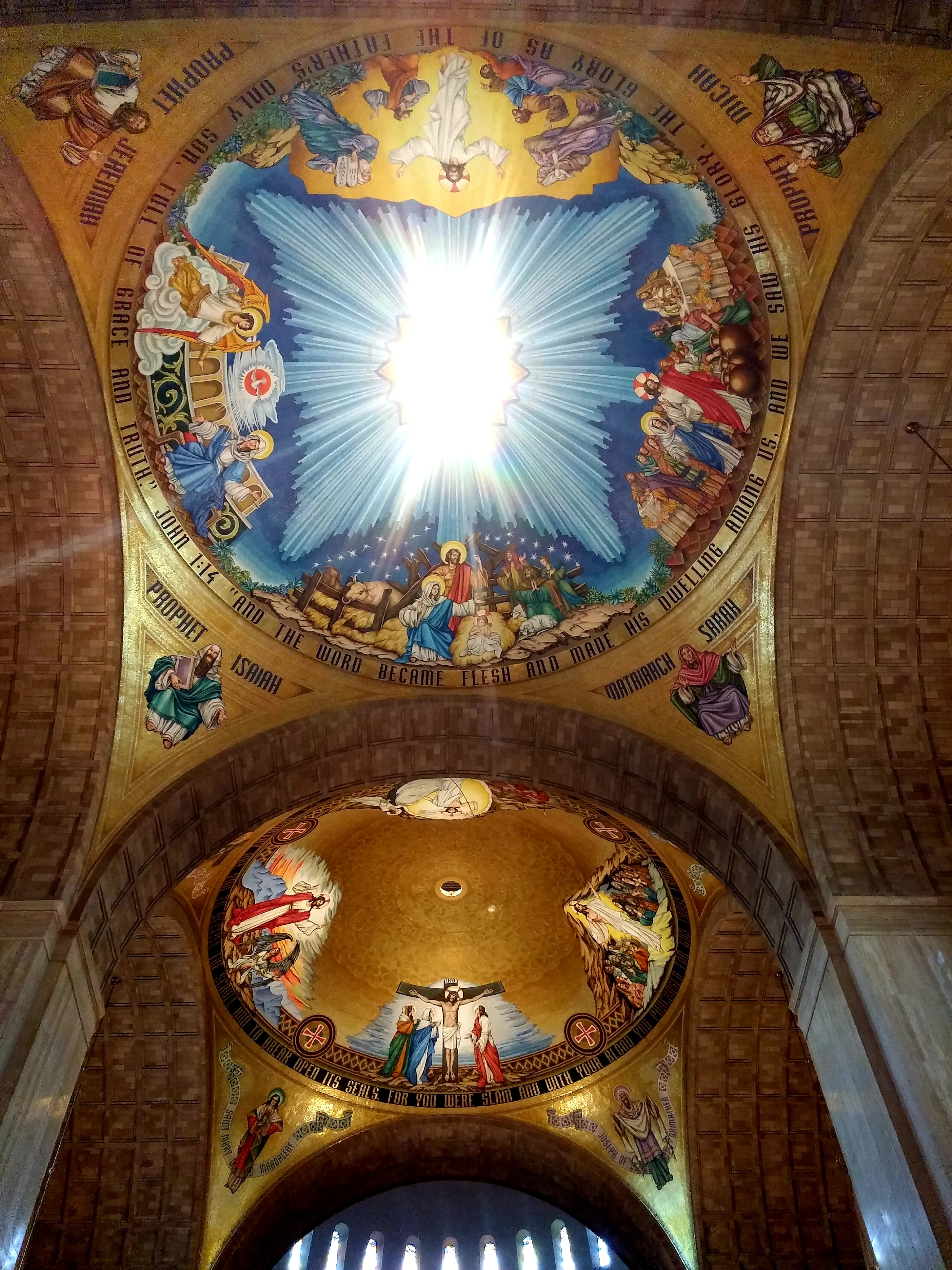Today is the Memorial of St. Blaise. St. Blaise was the Bishop of Sebastia in Armenia, which is a city located midway between the Black Sea and the Caspian Sea. Blaise lived during the early fourth century, and while Christianity was tolerated in Armenia, he and other Christians suffered tremendous persecution.
Under threat of death, Blaise was forced from his episcopal seat into hiding and solitude in the wilderness. When he was eventually discovered praying in his cave, he was hauled off to prison. As the story goes, while Blaise was in prison a mother and her son visited him. The child had a fish bone lodged in his throat, but at Blaise’s command, the child was able to expel the bone and received healing.
Blaise was eventually challenged by the local Roman governor to renounce Christianity and faith in Jesus. When he refused, he was tortured, hung from a tree, and eventually beheaded. Some of the lore surrounding St. Blaise is that he was tortured and flayed with the pins from a wool comb, which as it sounds, is a special comb used on animal wool as it is prepared for use in fabrics.
As a Christian devotion, Blaise embodied the verse, “No one has greater love than this, to lay down one’s life for one’s friends” (Jn 15:13). Blaise died for his faith in Jesus and gave witness to those whom he served as bishop. In this way, we honor his sacrifice today.
As a particular devotion, today we honor and remember Blaise as patron for those suffering from illnesses of the throat and the patron of wool combers. No ailment is too small for a particular intercessor. No profession is too specific for a particular intercessor.
Our Church has a patron, intercessor or devotional for practically every aspect of life. The abundance of intercessors should remind us that all aspects of our lives should be prayed over and oriented toward sanctification. Think of an aspect of your life that makes you unique: your profession, interests, appearance, or geography. There’s a particular intercessor for you. Take some time today to find out who a specific intercessor may be for your life.
Today especially though, let us also pray for those who are being persecuted for their Christian faith, for those suffering from throat ailments, and for those who still comb sheep. St. Blaise, pray for us!
 Elizabeth Tomlin is the author of Joyful Momentum: Building and Sustaining Vibrant Women’s Groups and contributing author to the Ave Prayer Book for Catholic Mothers. She is General Counsel for the Archdiocese for the Military Services, USA. Elizabeth is an Army wife and mother of three and currently lives in the DC area. She blogs at JoyfulMomentum.org or @elizabethannetomlin on social media.
Elizabeth Tomlin is the author of Joyful Momentum: Building and Sustaining Vibrant Women’s Groups and contributing author to the Ave Prayer Book for Catholic Mothers. She is General Counsel for the Archdiocese for the Military Services, USA. Elizabeth is an Army wife and mother of three and currently lives in the DC area. She blogs at JoyfulMomentum.org or @elizabethannetomlin on social media.
Feature Image Credit: ulleo, https://pixabay.com/photos/parish-church-of-st-blaise-fulda-2892750/


